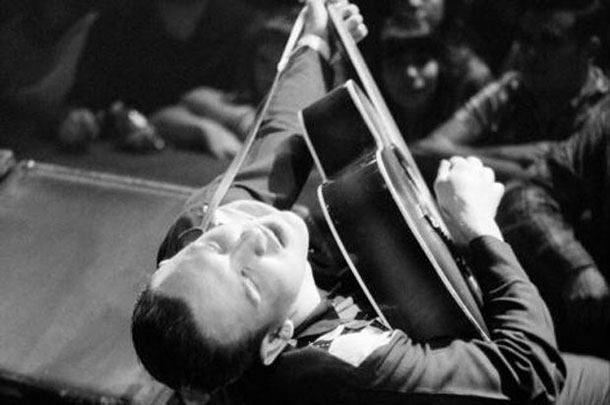
JDIFF Review: Out of Here (2013)
“Any idea what you’re going to be doing with yourself?” It’s the question—posed by the parents of Out of Here’s protagonist—unequivocally dreaded by Irish youth. What can you do, when raised at the height of an “economic miracle” only to arrive at adulthood just as its optimism explodes? Donal Foreman’s film captures like few others have the nascent nihilism of being a young person in Ireland, treading a course through the typical teenage—in stilted mindset, if not reality—life and finding it every bit as dark and dismal as the omnipresent cloud of the Irish sky. There’s a terrible pretence to proclaiming any film “important”, yet few other words could do justice to a film that understands its intended audience like no other.







